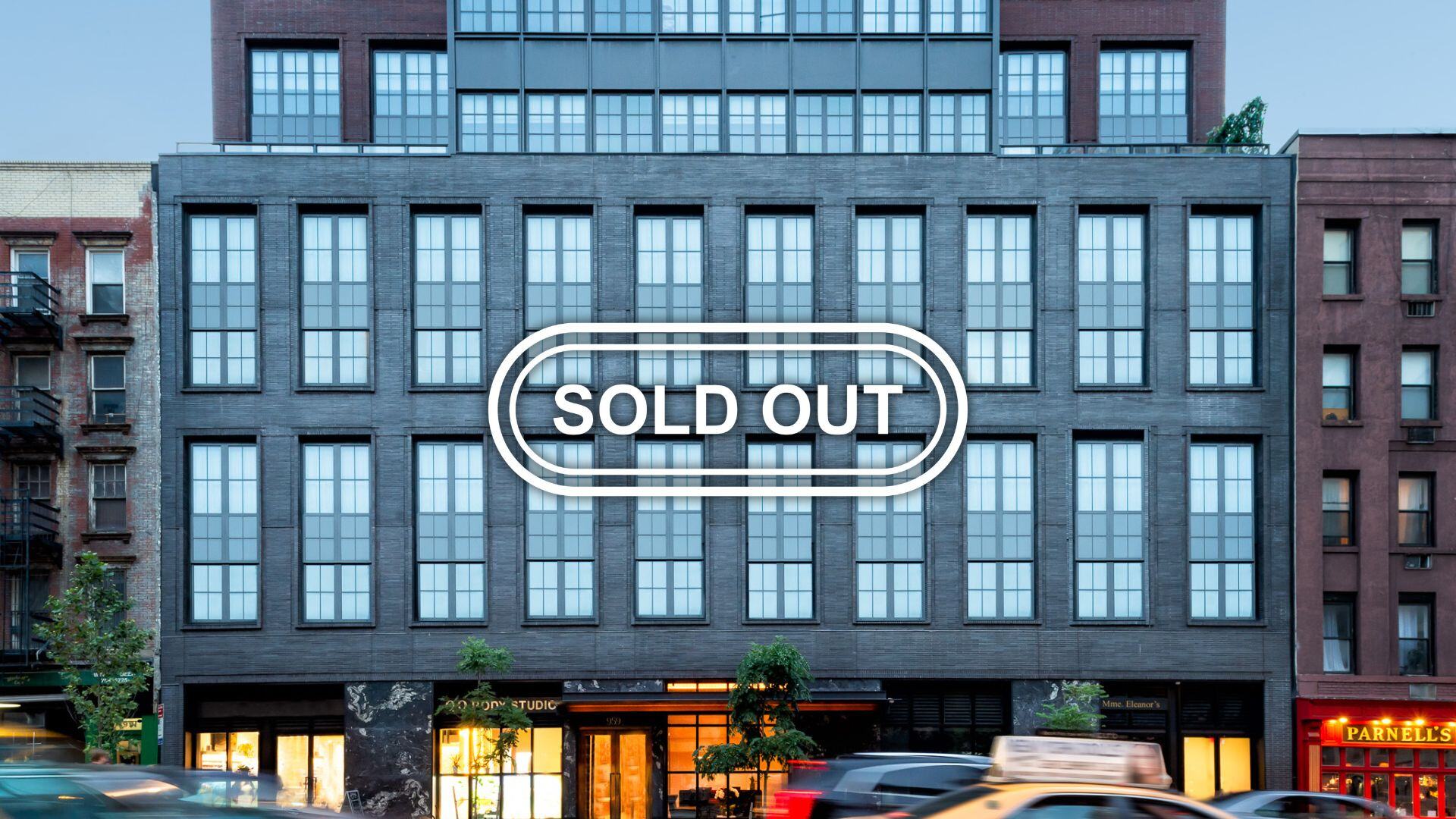Is Now the PERFECT Time to Buy a Home? Or Should You Wait?
With so much uncertainty in the world and economy, many are asking themselves, is it a good time to purchase a home? Or should I wait to buy a house and see if the market changes?
Imagine you've finally found your dream home. But you wait, hoping interest rates drop. Then you look again a month later, and it's gone. Now, you're stuck deciding whether it's better to overpay or settle for less.
Considering market factors is important, but the truth is you never know when the best time to buy will be. So, how do you make an informed decision? Should you buy a home now or wait?
Here is a complete breakdown of all the factors you should consider before making a purchase so you can make the best decision for your situation.

Timing the Market
They say the best time to plant a tree is 20 years ago. So unless you have a time machine, there's no way to perfectly time the market.
Attempting to time the real estate market is similar to playing the stock market — by the time you think you've figured it out, it's already too late, and the best opportunities are long gone.
At Undivided, we've seen clients hold off on buying to wait for lower interest rates and a better price. Most regret it and end up missing out on their dream home. Some have even reached out years later, wishing they had acted sooner.
So, if you're asking yourself, "Does it make sense to buy a house now?" The key is to buy based on your long-term goals, not short-term speculation.
When Is the Right Time To Buy a Home: 4 Factors to Consider
Determining the right time to buy a home is a complex decision involving several different variables. You need to consider what will happen to the housing market in the future and how making a purchase (or holding off) will impact your personal life and financial future. Here are the four major factors you should consider when making your decision.
1. Market Timing | Is It a Good Time to Buy a House?
While it's always smart to consider market conditions, the truth is that market cycles are unpredictable. Waiting for the perfect moment might lead to home prices rising while you sit on the sidelines.
Whether or not buying a house right now makes sense depends on your financial goals and readiness. The market is shifting, but waiting is always a gamble. History shows that prices in desirable areas typically appreciate over time, not decrease. So make sure to look in an area that has a positive long-term outlook, and you won't have to worry about when housing will go down.

2. Market Conditions and Strategic Buying | Is It a Buyer's Market or Seller's Market?
Is it a buyer's market right now? We're seeing a shift in the market in NYC and other major metropolitan areas. Inventory is increasing, especially in the luxury market, which means more negotiating power for buyers.
Sellers (including developers) have to make a move, so they're rolling out incentives like discounts, closing cost credits, and rate buy-downs just to move properties. According to Newsweek, data shows that 10.4% of homes in New York City reduced their asking prices in July, compared to 10.1% the previous year, showing that while demand remains strong, sellers are more willing to negotiate as inventory rises.
You also have to consider the relationship between interest rates and the real estate market. Interest rates are high, and that's making a lot of buyers hesitate. But the flip side is that if you wait for rates to drop, New York real estate prices could surge and wipe out your savings. Housing prices in prime locations always rebound over time, so if you plan to hold, short-term dips won't matter.
What's the advantage of high interest rates and house prices? Market softness. Whether it's due to high rates or off-season lulls, fewer buyers mean more opportunities for those ready to act. Those who know how to play their cards right can secure a much better deal than in a competitive market.
FAQ: What If I Buy a House Now and The Market Drops?
Worrying about when housing prices will drop isn't necessary if you're thinking long-term. Over time, NYC real estate prices and homes in any desirable area tend to appreciate. So if you're buying long-term, short-term dips won't matter.
3. Personal & Lifestyle Timing | Are You Ready To Buy a Home?
Thinking about your lifestyle and how buying a home may impact it is just as important as analyzing the market conditions. Are you outgrowing your current space? Do you plan on staying in the same home for at least five years? If so, buying a home is a smart decision.
But what if you need more flexibility? Renting may be the better short-term option if your career or personal life may take you somewhere else in the next few years.
FAQ: Should I Rent Longer To Keep My Options Open?
Renting is smart if flexibility is your priority. But buying is the better financial decision if you plan on staying for the long haul. It offers the opportunity to build equity and provides more control over your living situation. If you're on the fence, buying a home you can rent out is a good compromise. That way, you get the financial benefits of ownership with the flexibility of renting if you ever need it.

4. Financial Considerations | Can You Afford to Buy a Home?
Finally, you'll also take into account the financial considerations to decide if it's advisable to buy a house now. Here are a few of the factors you'll want to take into account:
- Cost to own vs. rent: Add up your potential mortgage payments, HOA fees, and property taxes. How does it compare to what you're currently paying in rent?
- Liquidity: Does it make sense for you financially to put a big chunk of your money into real estate? Or would you be better off keeping that capital more flexible?
- Interest rates: Are interest rates making you hesitate? There are ways to work around it. Adjustable rate mortgages start low and adjust over time, which may work for your situation. Some developers and lenders are even offering rate buy-down programs to offset higher rates. If you're in a position to do so, putting more cash into your offer can lower your monthly payment and make you a stronger buyer in the eyes of the sellers.
- Property taxes: Property tax benefits and mortgage interest deductions can often make buying a better decision financially than renting. It can depend on your situation, but the savings add up over time.
- Stability: When you buy, your mortgage payment can be locked in for 30 years. But when you rent, the costs can change dramatically, as we've seen in recent years. That added stability can make it easier to save and plan for the future. Homeowners with a fixed rate enjoy that stability, while renters are at the mercy of rising rents and market fluctuations.
FAQ: Should I Wait For Interest Rates To Drop?
There's no way to perfectly time the best time to buy a house and interest rates. Rates are unpredictable, no matter what anyone says. So if you find a great property, buy it no,w and you can always refinance later. But waiting could mean paying more for the home when the market inevitably shifts.
Intelligent Buying Strategies | How to Win In Any Market
While knowing the exact perfect time to buy may be impossible, there are plenty of smart strategies that can help you make more informed decisions. Here are a few techniques that will allow you to win in any market.
- New developments: Timing is everything when it comes to new developments. Buying in the pre-construction phase allows you to lock in early pricing. Although if you wait until the building is almost sold out, you might get great last-unit discounts.
- Market softness: Take advantage of market softness if you're looking for the best deals. Sellers are always more willing to negotiate when competition is low (whether it's in the off-season months or related to high interest rates).
- New isn't always better: Some nearly new resales (or properties that are only a few years old) offer better value per square foot than the brand new, fresh out of the box developments that just opened. New developments also suffer from the premium decay phenomenon — which means the premium they once enjoyed compared to the resale market doesn’t last forever.
- Find your comfort level: If the commitment feels overwhelming, start small. Go with a studio, a one bedroom, or even an investment property. No matter what the size, it's a good way to get into the market, start building equity, and keep your options open for the future.

What's the Smartest Approach to Purchasing a Home Now?
The key to getting the best deal in today's market is to diversify your approach. Look for motivated sellers — or those with homes that have been sitting on the market for months while prices continue to drop. These sellers will be open to negotiate.
Ask the developer about incentives if you're buying a new development. Many projects have been stalled since COVID, and builders are more motivated than ever to close deals.
Don’t forget, newer isn’t always better, and you can always start small or buy an investment property if you want to get into the market but want to keep your options open for the future.
Deciding when to buy is just one part of the equation. But figuring out how to buy a home the right way is its own calculation. Fortunately, Undivided can help.
Ready to Get Started?
Here's what you'll get:
✓ Curated Listings
We handpick properties that fit you, saving you time by showing homes that match what you want.
✓ Luxury Amenities
We highlight top-tier amenities so your new home delivers the prestige and quality you expect.
✓ Market insights
We provide detailed market comps and insights to guide your decision-making with confidence and clarity.


